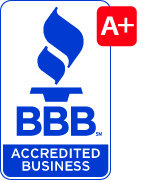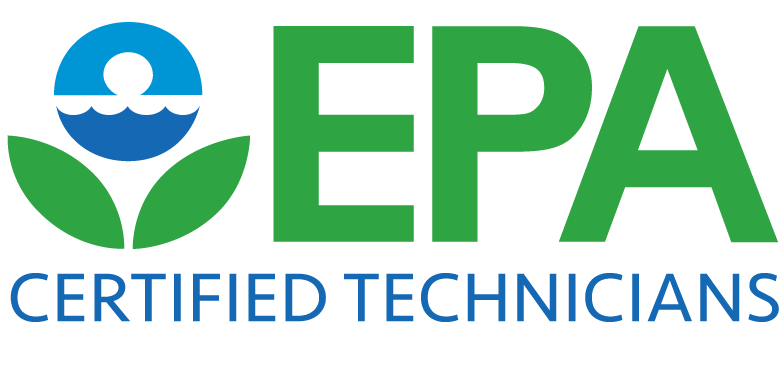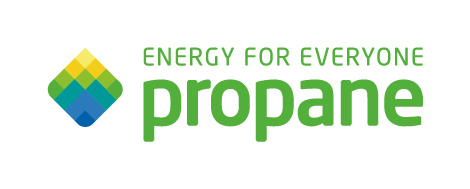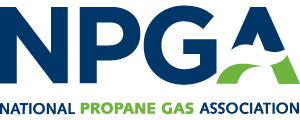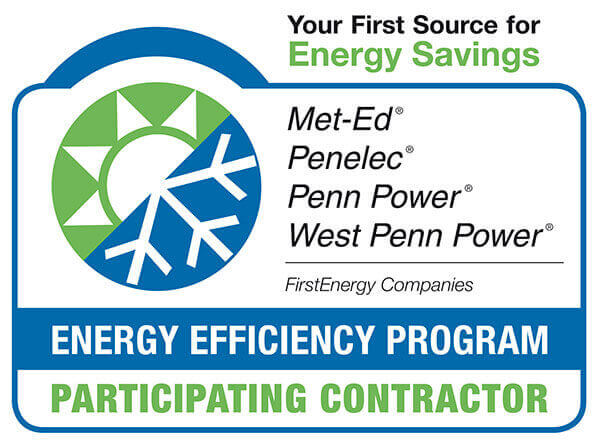SOS XTREME Comfort® provides the best heating and cooling repair services in Vernon. Our technicians are trained in the very latest technology and can work on all brands of oil, propane, electric and gas heating systems and central air conditioning systems.
We service, repair and install:
- Oil Heat Systems
- Gas Furnaces, Boilers and Heating Systems
- Propane Heating Systems
- Electric Heat Pumps
- Central Air Conditioning Systems
- Ductless Heating and Cooling Systems
At SOS XTREME Comfort®, we specialize in creating comfortable environments in homes and businesses. We have been helping customers in and around Vernon since 1934. Give us a call today to get your heating or cooling system serviced or installed.
Call For Fast Service:
973-827-8179
API Token is not configured
In addition to servicing Vernon we also service the following nearby towns:
Branchville, Franklin, Glenwood, Hamburg, Highland Lakes, Lafayette, Mc Afee, Montague, Sussex, Vernon
Click here to view our total service area.
FAQs
Q: What does HVAC imply?
A: HVAC stands for heating, ventilation, and air conditioning.
Q: What type of routine maintenance do I have to do on my heating and air conditioning unit?
A: As a house owner, maintaining your system is certainly not rocket science. There are a couple of things that you have to keep in mind. The key feature to be aware of is adequate circulation. This signifies that you have to examine your air filters frequently and replace them out when they are dirty. It also indicates that you need to make sure that your air vents aren’t blocked out by things such as household furniture. As a matter of fact, don’t even close up air vents to rooms that are less frequently used. You are making your system run more than need be, using more power to do so, and throwing away money. Lastly, don’t forget to set up an annual tune-up on your air conditioning system. This really should be carried out in the springtime. Set up an annual tune-up on your heating unit in the autumn season.
Q: How do I know when to remove and replace my air filter?
A: We recommend that you change your air filter on a month-to-month basis. Having said that, it is better to change your filters as frequently as needed to make sure that your system operates with most favorable efficiency. Examine them more consistently if you live in a dusty climate or have family pets. If your filter appears dirty, then be sure to remove and replace it immediately.
Q: Should a loud noise coming out of my AC and heating unit be something that concerns me?
A: A noisy HVAC unit can be annoying to you and your next-door neighbors. Whether or not your system seems to be operating decently, no one needs to know when your system is kicking on or off. This is certainly the case when your unit is in close vicinity to a bedroom window. Also, noise pollution is a real dilemma and a noisy HVAC system definitely promotes it. The main reason that your equipment is so rackety is frequently because of the following:
- Your unit is older
- The type of unit you have
- Your compressor-insulted or not
Fortunately, new systems have sound ratings that you can compare. Most modern units are manufactured to be quieter than their earlier counterparts. Sound ratings will help you as to which model might work best for you. A quieter model will be preferable if there is a bedroom nearby.
Q: I have an idea of the dangers of carbon monoxide. Is this something I ought to be worried about?
A: A carbon monoxide leak is truly dangerous. It can trigger harmful implications. Since a leakage is undetected, it is recommended to get a CO alarm in your home. You should also administer adequate upkeep on your system to avoid a carbon monoxide leak.
Q: What does IAQ mean?
A: IAQ stands for Indoor Air Quality. Even though you may have heard of outdoor air pollution, indoor air pollution is equally as risky. As a matter of fact, it can be a lot more of an issue for the reason that there is even more exposure to this type of pollution than outdoor air pollution, as explained by the American Lung Association. Indoor air pollution is the exposure of pollutants that exists within your home. New HVAC systems can help prevent indoor air pollution because they are produced to help those who suffer from allergies and respiratory issues. These are generally the types of signs and symptoms that are demonstrated from indoor air pollution.
Q: How does my HVAC system force air all over my home?
A: An HVAC system uses a fan to pull air in. The air that is drawn in is then pushed to your air handler. Once it has heated up or cooled the air, then it pushes it back through your ducts and out of your vents. Vents or registers are generally positioned on your walls, ceilings, or floor surfaces.
Q: I will need to buy a new heating/cooling system. How do I get the best one for me?
A: When it comes to your HVAC unit, size does make a difference. Some people assume that if they get a large unit, then they will have more of a comfortable home or that it will cool/heat their house more rapidly. Others think that if they purchase a little unit, then they will be saving money on their electrical power charges. The reality is that you need an unit that matches the ducting system in your house. This is the only way that a unit will successfully cool down or heat up your home. To find out what size you really are in need of, you will need to talk to a Vernon, New Jersey HVAC expert. They will have the ability to determine what size your system calls for in order to keep your home comfortable while using the smallest quantity of energy. They will also have the capacity to establish what the operating costs will be of a brand-new system. You want to choose a system that helps make your expenditure rewarding. Many current systems are so energy efficient that the reductions that you gain on your utility bill will eventually pay off the price of an updated system.
Q: I recognize that I ought to have my furnace assessed in the autumn and my air conditioner evaluated in the spring. Why can’t I have both of these tuned up at the same time?
A: You use your HVAC system the most in the summertime and in the winter. Consequently, you need to have your air conditioning unit looked at the spring season and your heating system tested in the fall. A Vernon HVAC licensed contractor will get more of a proper result when each system will be used the most. This reduces the chances of costly repairs and it makes sure that your system is running at optimal efficiency.
Q: Will a brand-new Vernon HVAC system reduce my power bills?
A: A brand new Vernon HVAC system will surely save you money. It will bring down your home heating and cooling charges. A system’s efficiency is established by its SEER rating. SEER is a term in the HVAC trade that stands for Seasonal Energy Efficiency Ratio. New designs are required by law to have a minimum 13 SEER rating. With a SEER 13, operating costs are lowered by as much as 50%. This says that, yes, your updated system will most definitely lower your electrical bills.
Q: I like to landscape my backyard in the spring. Can I plant near my exterior unit?
A: When you landscape your garden, you must pay close attention to the space around your outside air unit. Make sure your plants are at a minimum of 18 inches to 2 feet from your unit. This includes the area around your unit and the area above your unit. Your exterior unit needs correct air circulation around it in order for it to perform the way that you need it to. House owners often make the error of planting too close to their unit or forgetting to trim the plants around their unit. This has caused costly and unnecessary repairs.
Q: Can I close off doors and vents to areas that aren’t regularly used?
A: There is a common mindset among homeowners that if you close doors or air vents to spaces that are not generally used, then you will reduce your energy bill. This is absolutely incorrect. Your unit is installed to match the ductwork on your property. When you block an air vent or door, then the air needs to go somewhere. It generates a great deal of pressure which then your blower, or the heart of your HVAC system, will need to make up for. It operates more and spikes up your electric expense.



